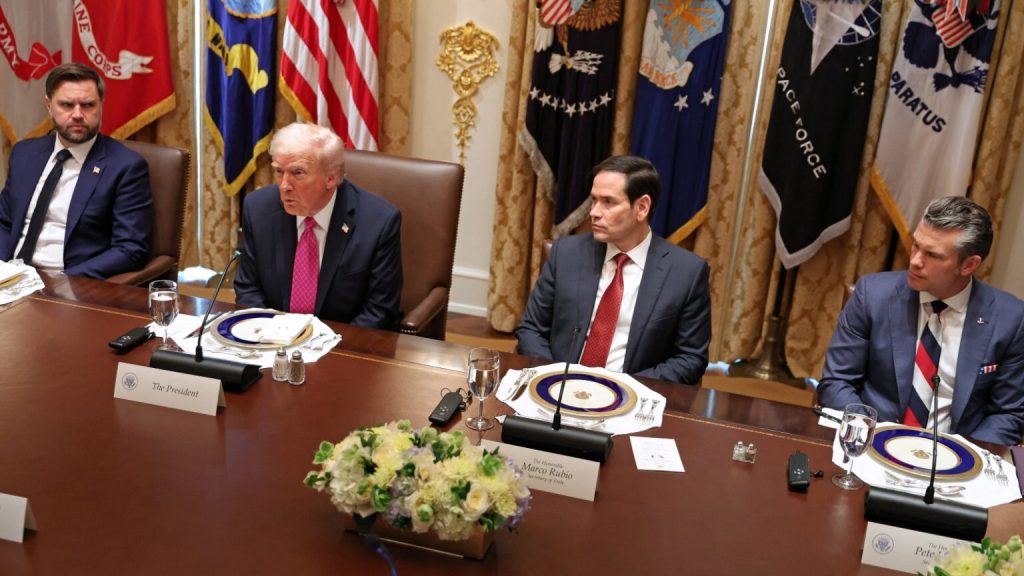
The rise of anti-ICE demonstrations and the expansion of sanctuary jurisdictions are undermining federal immigration enforcement, according to acting Immigration and Customs Enforcement (ICE) Director Todd Lyons. In an interview with The Washington Times, Lyons said these developments are straining agency resources, forcing personnel to be redirected, and hindering ICE’s ability to carry out arrests and deportations effectively.
Lyons placed significant blame on what he described as politically charged rhetoric—primarily from Democratic officials and left-leaning media outlets—for fueling public hostility toward ICE officers. He argued that this environment contributes to misinformation and has made it increasingly difficult for agents to do their jobs safely and effectively.
In his remarks, Lyons defended ICE’s role and criticized sanctuary jurisdictions—typically overseen by Democratic leadership—for contributing to what he sees as growing public misconceptions and hostility toward the agency. He emphasized that ICE is not targeting U.S. citizens or children, countering claims that agents conduct raids at schools.
According to Lyons, ICE officers who are seen near schools are often trying to locate unaccompanied migrant children (UACs) who entered the U.S. during a surge in border crossings under the Biden administration and have since gone missing. Many of these children were released to sponsors with minimal vetting due to the sheer volume of arrivals—about half a million during Biden’s term.
A federal inspector general’s report found that approximately 300,000 of these children were unaccounted for, and around 65,000 reports of potential issues were mishandled. Lyons said that the administration is actively working to locate these children, and as of July, roughly 13,000 had been found.
“Yet we’re being accused of going to schools and rounding up children,” Lyons said. “All we’re trying to do is locate these poor kids, and the last known address we have might be a school or a sponsor’s home.”
He further criticized the portrayal of ICE’s efforts in the media, saying that a mission aimed at child welfare is being mischaracterized for political purposes. Lyons pointed to troubling cases involving so-called “super sponsors” who claimed custody of dozens of children—only for ICE to discover that some listed addresses were nonexistent or led to places like convenience stores.
Additionally, Lyons rejected allegations that ICE targets U.S. citizens, calling such claims false and politically motivated. He emphasized that arrests are based on intelligence and specific targets.
Responding to criticism from Chicago-area prosecutors who argued that ICE’s courthouse presence discourages witness cooperation—potentially jeopardizing criminal cases—Lyons said those fears are being driven by political narratives rather than facts.
“There’s no proven evidence that ICE arrests victims or witnesses,” he stated. “Only rhetoric is stoking that fear.”
Cook County prosecutors had told a federal judge that immigration enforcement activity near courthouses had negatively impacted several cases, including a homicide trial, sexual assault investigations, and domestic violence incidents, as witnesses feared detention by ICE agents.
Lyons maintained that these concerns are rooted in misinformation and emphasized that ICE does not target victims or witnesses involved in criminal cases.
Leave a Reply